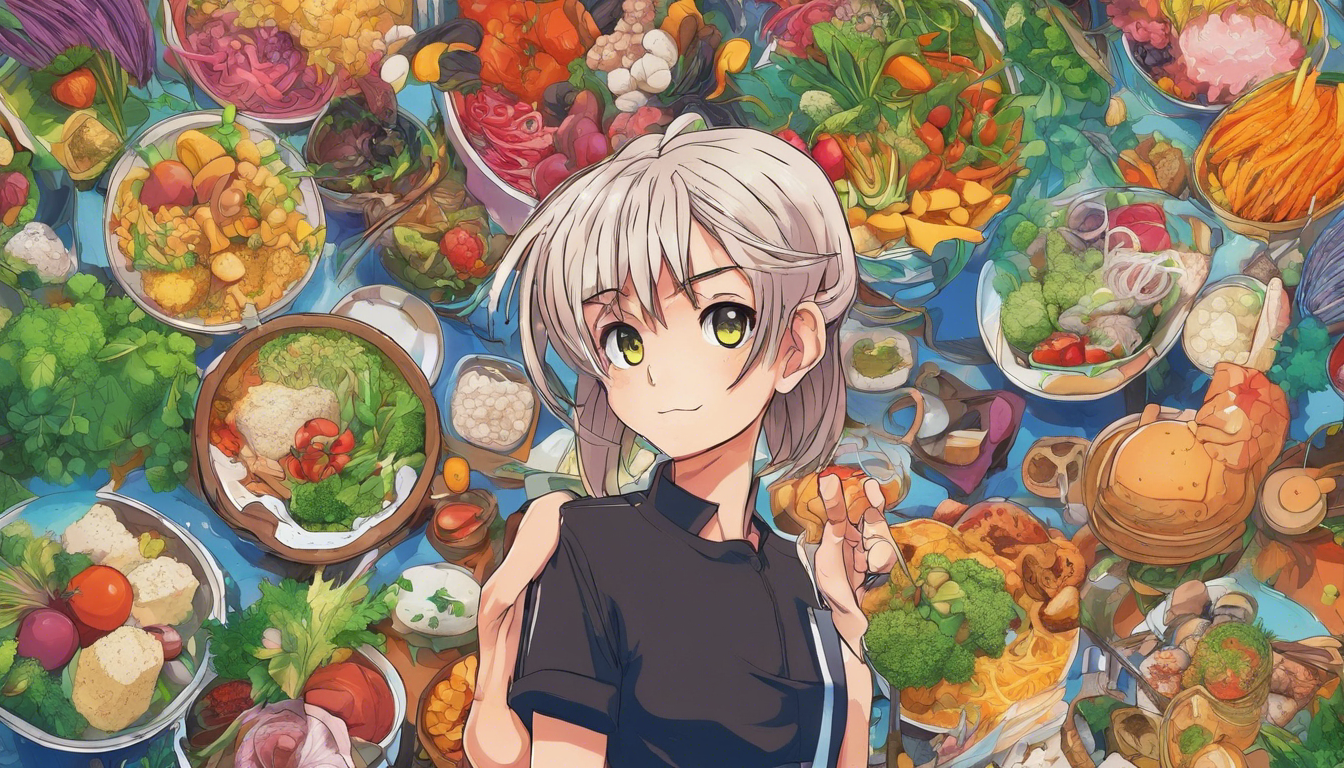
Debunking Myths on Veganism and Cultural Diversity
Myth #1: A vegan diet lacks essential nutrients
One of the most common misconceptions about veganism is that a plant-based diet is nutritionally inadequate. However, with proper planning, a vegan diet can provide all the necessary nutrients for optimal health.
Many plant-based foods are rich in protein, such as legumes, tofu, tempeh, and seitan. Additionally, grains like quinoa and amaranth are complete protein sources. Iron can be obtained from dark leafy greens, beans, and fortified cereals. Calcium is abundant in plant-based sources like kale, broccoli, and fortified plant milks. Omega-3 fatty acids can be obtained from flaxseeds, chia seeds, and walnuts.
Myth #2: Veganism is expensive
Contrary to popular belief, a vegan diet doesn’t have to break the bank. While some vegan specialty products can be pricey, there are numerous affordable plant-based options available.
Fruits, vegetables, whole grains, and legumes are often budget-friendly and can form the foundation of a vegan diet. In-season produce and frozen fruits and vegetables are cost-effective choices. Buying in bulk and preparing meals at home can also help reduce expenses.
Myth #3: Veganism is only for white people
Veganism is often mistakenly associated with a predominantly white, Western lifestyle. However, veganism spans across many cultures and communities around the world.
Cultures such as Indian, Ethiopian, and Thai have a long history of plant-based diets. Indian cuisine, for example, offers a wide variety of vegan dishes centered around legumes, vegetables, and spices. Ethiopian cuisine includes injera (a fermented flatbread) served with a medley of vegetable-based dishes. Thai cuisine incorporates tofu, coconut milk, and an array of vegetables and herbs.
Myth #4: Veganism is restrictive and boring
Some people believe that following a vegan diet means sacrificing flavor and variety, but nothing could be further from the truth. Veganism encourages exploration of diverse ingredients, flavors, and cooking methods.
A plant-based diet opens up a world of possibilities. By experimenting with different vegetables, grains, beans, herbs, and spices, vegans can create exciting and flavorful meals. International cuisines offer a myriad of vegan recipes, showcasing how cultural diversity can thrive within a vegan lifestyle.
Myth #5: Veganism is a passing fad
Veganism has gained significant momentum in recent years due to ethical, environmental, and health concerns. Some skeptics argue that it’s merely a trendy phase that will fade away. However, the growth and longevity of veganism suggest otherwise.
Prominent organizations, celebrities, and athletes are advocating for veganism as a sustainable and compassionate lifestyle choice. The availability of vegan options in restaurants and supermarkets continues to increase. As awareness grows about the negative impact of animal agriculture on the environment and personal health, veganism is becoming more deeply ingrained in society.
Remember: A vegan diet can be nutritionally balanced, affordable, culturally diverse, and exceptionally delicious. Let go of the misconceptions and explore the world of veganism with an open mind!